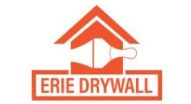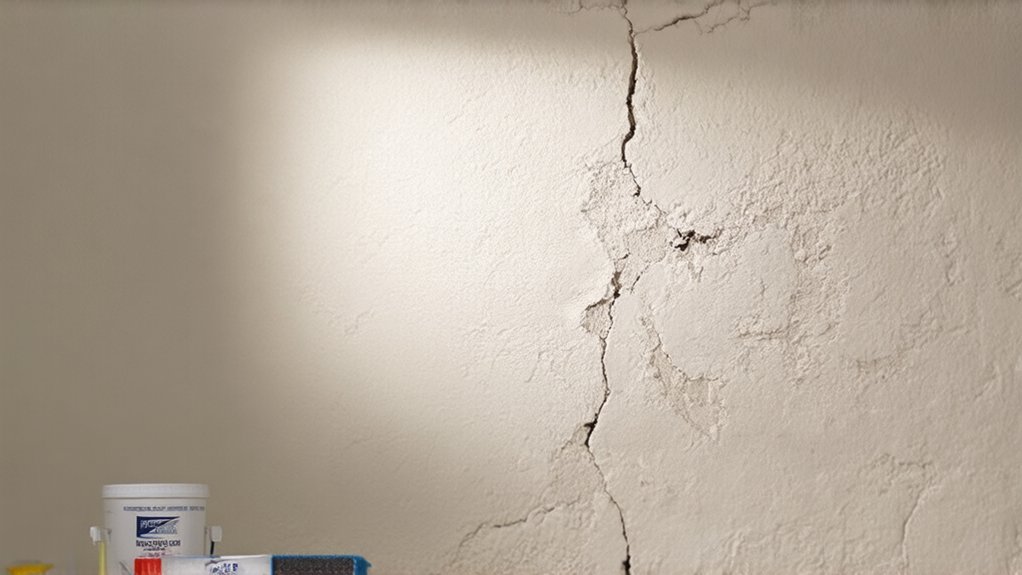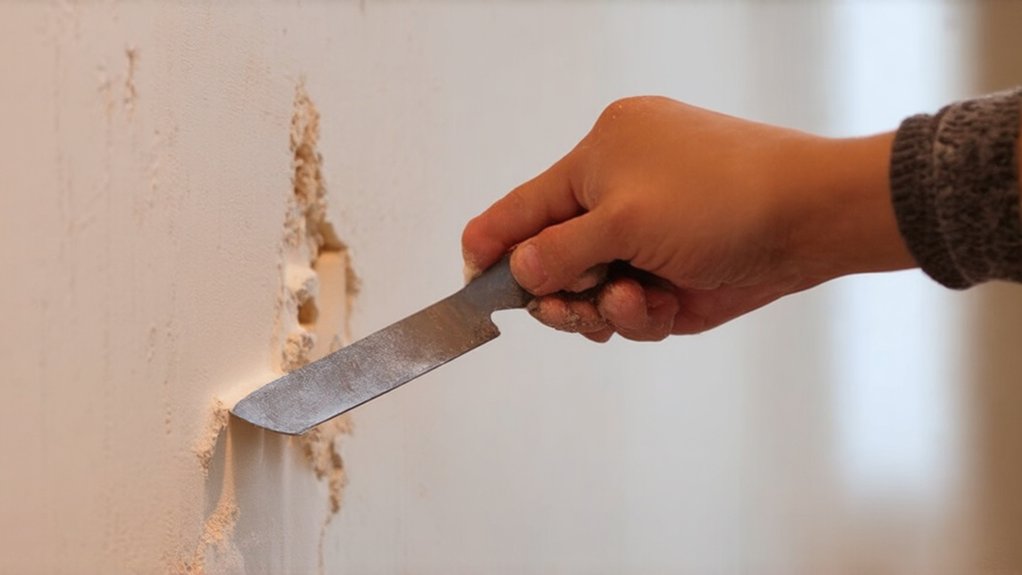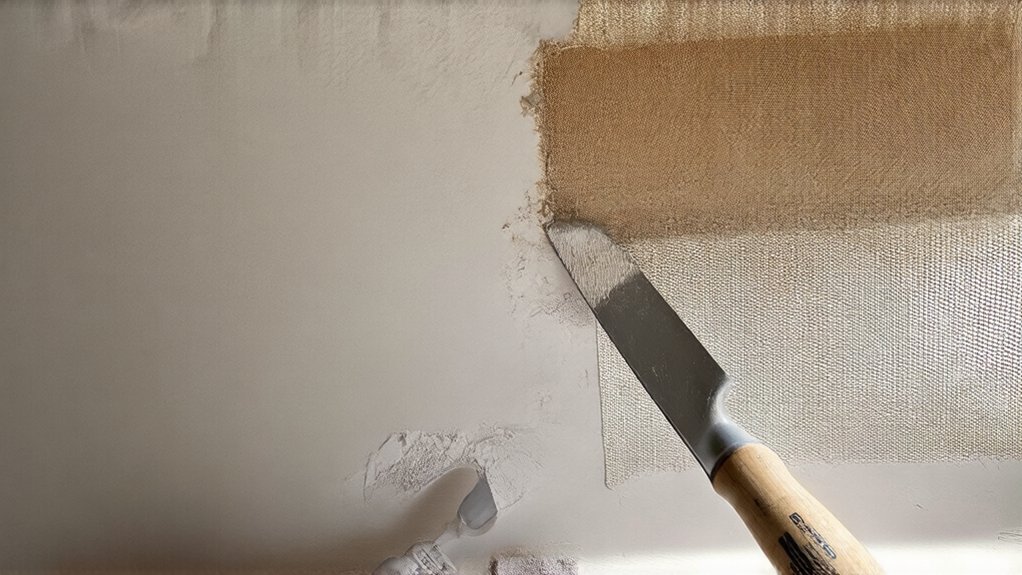When selling your home, repairing drywall can greatly enhance your property's appeal and market value. Small damages like nail holes or minor scuffs can signal neglect to potential buyers, potentially reducing your home's perceived worth. Professional repairs aren't always necessary for minor issues, but addressing large holes, deep cracks, and uneven surfaces can help you command a higher sale price. Want to maximize your home's selling potential? Keep exploring.
Types of Drywall Damage That Affect Home Value
When you're preparing to sell your home, drywall damage can greatly impact your property's market value and potential buyer perception. Minor cracks and uneven surfaces can signal deeper structural issues that might scare away serious buyers. These imperfections aren't just cosmetic; they're red flags that suggest potential neglect or hidden problems.
Buyers will scrutinize every wall, looking for signs of wear, water damage, or poor maintenance. Large holes, deep cracks, and multiple surface irregularities can dramatically reduce your home's perceived value. Addressing these issues before listing your property shows potential buyers you've maintained your home with care and attention to detail. Professional drywall repair services in Erie can help you restore your walls to a flawless finish, ensuring your home makes the best possible impression on potential buyers.
Cost-Benefit Analysis of Wall Repairs
Understanding the financial implications of drywall repairs is a strategic move for homeowners preparing to sell. You'll want to weigh repair costs against potential home value increases. Drywall installation experts in Erie, PA recommend professional techniques for seamless, high-quality repairs. Minor wall damages can typically be fixed for $200-$500, while extensive repairs might run $1,000-$2,500. Consider your repair timeline carefully—quick fixes before listing can enhance buyer appeal and potentially increase sale price. Professional repairs often yield better returns than DIY attempts. Small investments in wall restoration can signal to buyers that you've cared for the home well. By addressing visible damages, you're demonstrating ownership contentment and increasing marketability.
DIY vs. Professional Drywall Repair Methods
Homeowners can easily get bogged down in the complexities of drywall repair, evaluating the advantages and disadvantages of undertaking the project themselves versus hiring a professional.
DIY drywall skills require patience, specific tools, and confidence in your home improvement abilities. While you might save money by repairing walls yourself, professional contractors guarantee a flawless finish that could dramatically enhance your home's market value.
Consider your skill level, available time, and the extent of damage. Complex repairs often demand expert intervention, whereas small holes and minor cracks might be perfect for a weekend warrior's skillset. Choose wisely to maximize your home's appeal.
Prioritizing Wall Repairs for Maximum Impact
Because not all wall damages are created equal, strategic prioritization can substantially elevate your home's marketability and sale potential. During your room condition analysis, focus first on visible and high-traffic areas like living rooms, hallways, and entryways.
Tackle large holes, deep cracks, and noticeable wall texture imperfections that might signal neglect to potential buyers. Smaller nail holes and minor scuffs can often be addressed quickly and inexpensively. By methodically repairing significant wall damages, you'll demonstrate home maintenance confidence and increase buyer trust, potentially amplifying your property's perceived value and appeal.
How Different Wall Damages Influence Buyer Perception
When potential buyers walk through your home, wall damages can silently communicate volumes about your property's overall care and maintenance. Subtle wall texture inconsistencies and hidden drywall cracks can signal neglect, potentially reducing your home's perceived value. Buyers often interpret imperfections as signs of deeper structural issues, which might trigger concerns about potential costly repairs.
Large holes, uneven patches, or widespread surface damage can create an impression of poor home management. Even minor wall blemishes can subconsciously suggest that you haven't maintained the property with the same attention you'd expect a responsible homeowner to demonstrate.
Estimating Repair Costs and Potential Return on Investment
Understanding wall repair costs helps homeowners strategically prepare their property for sale, maximizing potential market value. Minor drywall repairs typically range from $200 to $800, depending on damage extent and location.
Your repair budget considerations should balance repair expenses against potential home value increase. A professional assessment can help you determine the payback period, revealing whether repairs will genuinely improve your selling price.
Smart homeowners invest strategically, focusing on visible damages that might deter potential buyers. By addressing wall imperfections thoughtfully, you'll demonstrate home maintenance satisfaction and potentially increase buyer confidence, making your property more appealing in a competitive real estate market.
Staging Strategies to Minimize Wall Imperfections
Although wall imperfections can be a seller's nightmare, strategic staging techniques can effectively alleviate their visual impact and attract potential buyers. You'll want to focus on creating an inviting atmosphere that draws attention away from minor wall flaws.
Strategically place artwork and decorative mirrors to showcasing wall textures and redirect visual focus. Enhance lighting for walls using soft, diffused lighting that minimizes shadow and imperfection visibility. Employ neutral, light-colored paint to create a clean, fresh appearance that masks subtle wall irregularities.
Frequently Asked Questions
Will Minor Drywall Imperfections Significantly Decrease My Home's Resale Value?
Minor wall surface imperfections won't drastically lower your home's value. You'll want to address noticeable damage through simple drywall patching techniques. Potential buyers appreciate a well-maintained home, so small repairs can help create a positive first impression.
How Quickly Can Drywall Repairs Be Completed Before Listing My Home?
You'll find most drywall repairs take just 1-2 days. DIY patching can be quick and simple, letting you efficiently prepare your home. Small holes and cracks can typically be fixed within a few hours, ensuring your space looks polished and market-ready.
Do Home Buyers Notice Small Wall Damages During Property Walkthroughs?
During open house attendance, buyers definitely scrutinize every detail. You'll want to address wall imperfections before property condition disclosures, as even small damages can signal potential neglect and deter serious buyers who seek a well-maintained home.
Can I Negotiate Home Price Without Repairing Visible Drywall Damages?
You can negotiate discounts by acknowledging wall damages upfront, showing transparency and willingness to compromise with buyers. They'll appreciate your honesty, and you might avoid costly repairs while potentially reaching a mutually agreeable solution during price discussions.
Are There Insurance Considerations for Pre-Sale Drywall Repair Investments?
You'll want to check your insurance policy requirements and guarantee contractor liability coverage protects your repair investment. Addressing drywall damages can prevent potential claim complications and prove responsible homeownership to potential buyers.



